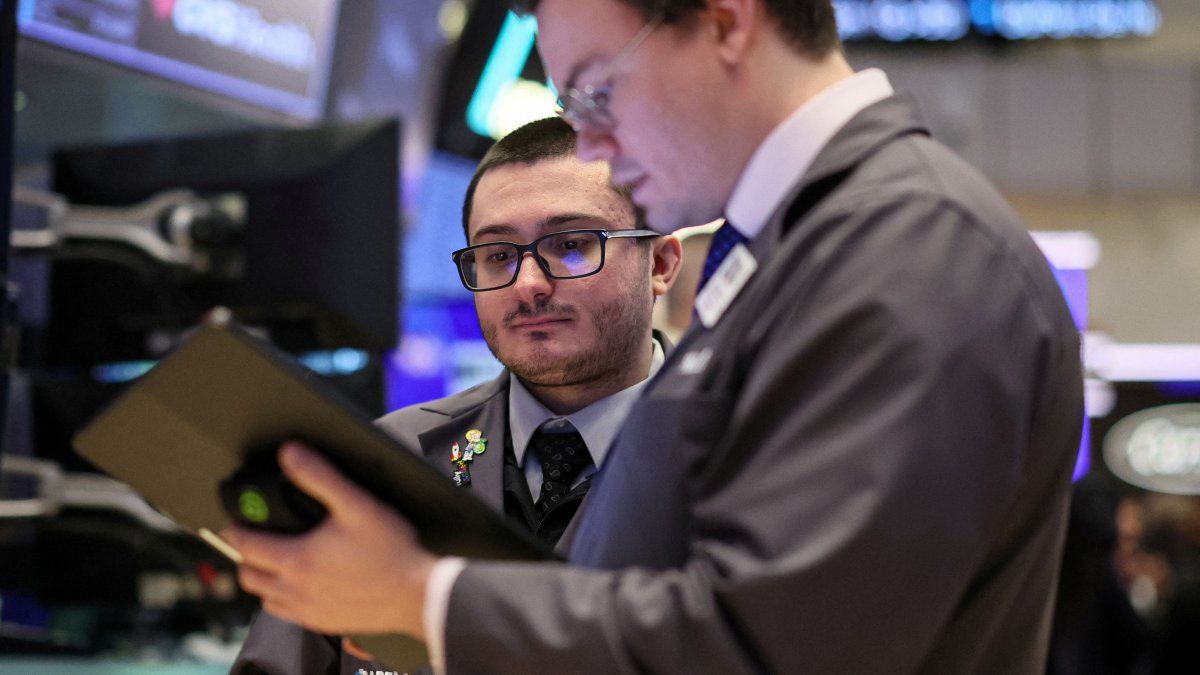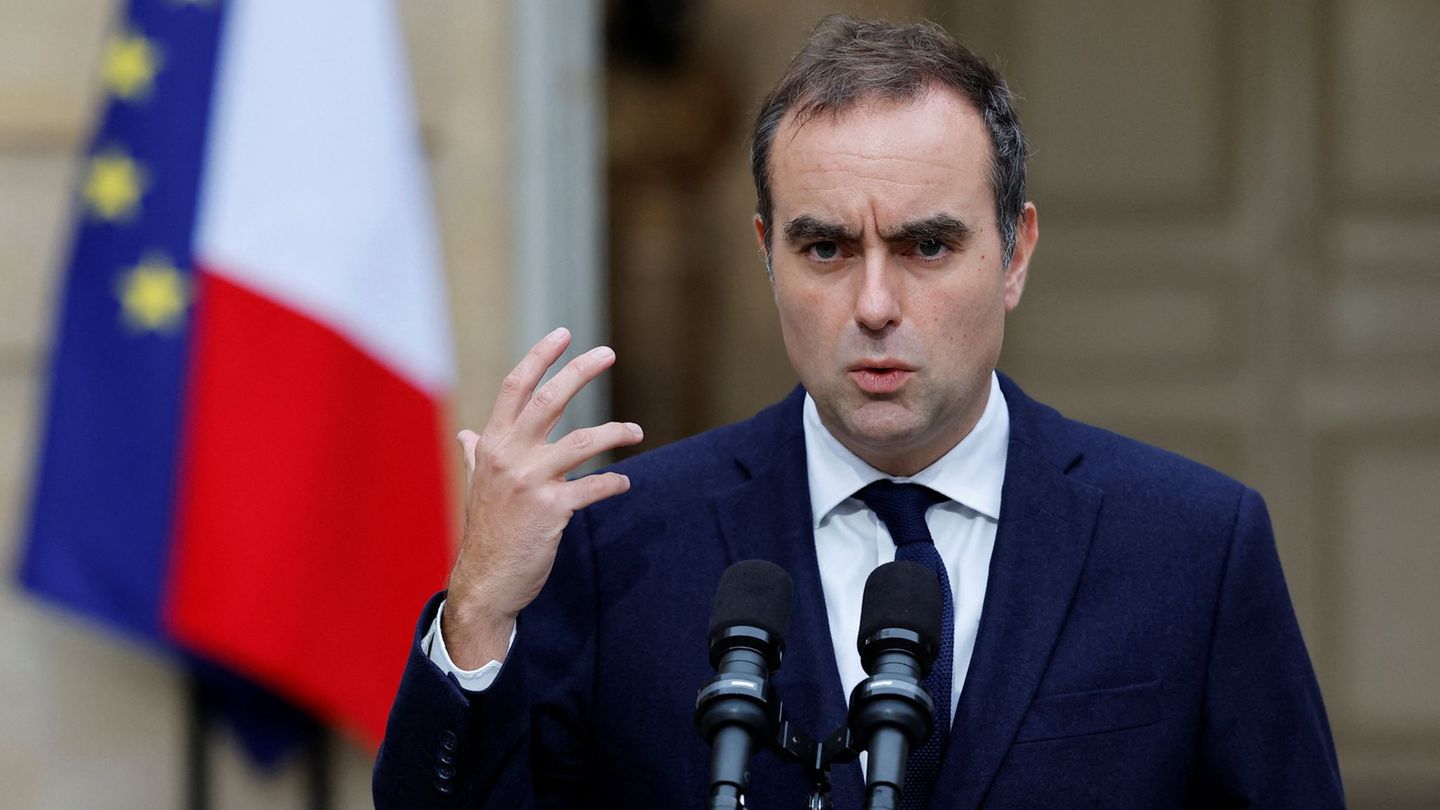Wall Street The week began with a dim recovery, in an attempt to leave behind Friday’s strong correction. In futures, New York indices are shown in green. The rebound contrasts with the pessimism that marked the closure of last week, when investors They reacted with concern to the disappointing US labor market data.
According to official figures, in July only 73,000 new jobs were generated, well below the 110,000 expected. But what caught the most attention was the significant downward revision of the figures of May and June, which together were cut in 258,000 positions, an unprecedented correction from the pandemic.
Schroders’ senior economist, George Brown, said “The news that job creation was less than 20,000 in May and June will undoubtedly give the Federal Reserve”anticipating that the fragility of the labor market could force a earlier decision of fees, Despite caution maintained so far.
The expectations of a more flexible monetary policy led the dollar to retreat, while the profitability of the 10 -year Treasury bond rebounded slightly, located at 4,245%. Gold, shelter par excellence in times of uncertainty, rose 0.4% and was at $ 3.413 the ounce.
Europe tries to recover and Switzerland suffers the tariff’s coup
On the other side of the Atlantic, European stock markets operated with slight increases. The Stoxx 600 Paneuropeo Index rose 0.2% after having registered its worst day in more than three months on Friday. However, the panorama was less encouraging for the Swiss Stock Exchange that reopened after Friday’s holiday: the SMI index falls 0.6% – cuts of 1.5% -, pressured by the impact of a New American tariff of 39% announced against Swiss products, which will begin to rule on Thursday. While the Swiss Franco It depreciated with the dollar rising 0.6%.
The measure, which represents an increase with respect to the tax of 31% set in April, lit the alarms in Berna. The Minister of Economy, Guy Parmelin, acknowledged that the government analyzes reviewing its commercial offer to Washington to prevent the Swiss economy from entering recession. The Swiss Franco depreciated in front of the euro, which reached a weekly maximum of 0.9348 francs.
Iconic companies such as Novartis, Roche, Swatch and Richemont fell more than 1.5%, affected by both tariffs and white house pressures to reduce the prices of prescribed medications in the US. UBS, meanwhile, retreated 2.5% after announcing an agreement for $ 300 million to resolve litigation for mortgage sales in the US market.
OPEC+ expands its production and presses oil
On the energy level, the OPEC+ surprised the market by announcing an increase of 547,000 barrels per day in its production for September. The measure, according to Stephen Innes of Spi Asset Management, “reinforces a bearish vision for crude oil prices in the fourth quarter.”
The Brent crude futures 1.5% AU $ S68.62 per barrel falls, while the American West Texas Intermediate (WTI) It also goes back 1.6%, au $ 66.24 per barrel. Both contracts had already closed with a decline of around 2% on Friday.
Petroleum-Born.jpg
The oil barrel extends fall this Monday
Istock
InvestoreS They also continue to evaluate the impact of recent tariffs imposed by the US to exports of dozens of commercial partners.
Even so, caution persists in the markets in the face of the possibility of new US sanctions to Russia, since President Donald Trump has threatened with impose 100% secondary tariffs on Russian crude oil buyersin his attempt to press Moscow to put an end to war in Ukraine.
Source: Ambito
I am a 24-year-old writer and journalist who has been working in the news industry for the past two years. I write primarily about market news, so if you’re looking for insights into what’s going on in the stock market or economic indicators, you’ve come to the right place. I also dabble in writing articles on lifestyle trends and pop culture news.




